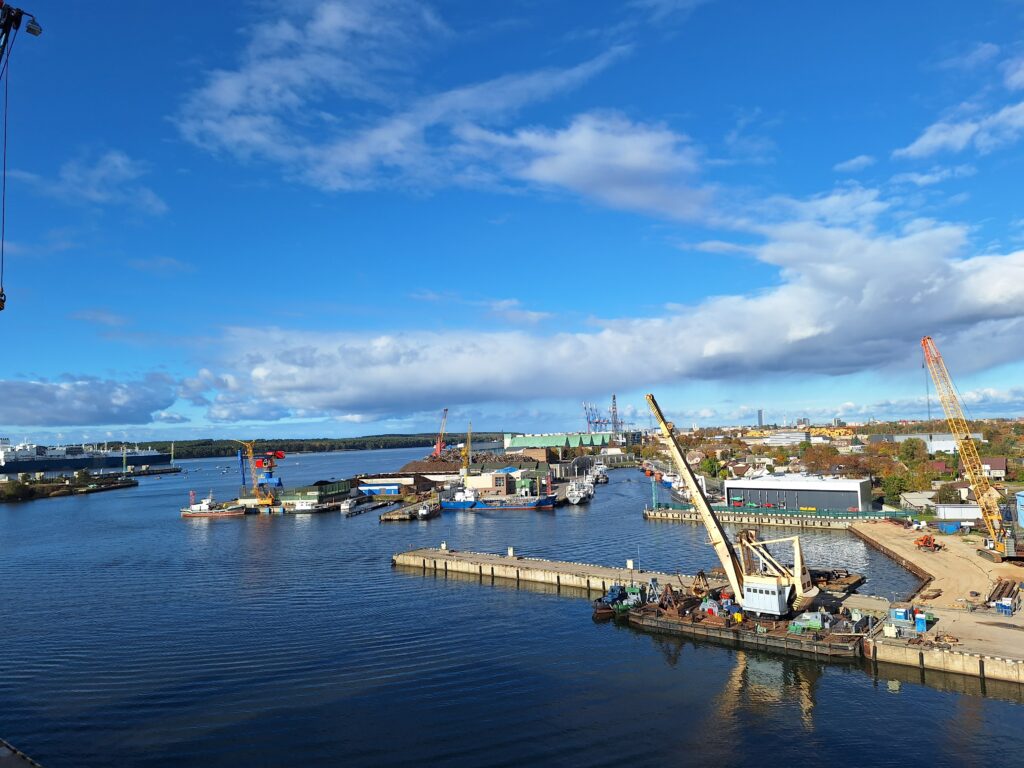Application submitted under the European Horizon program

In close cooperation with the Klaipėda State Seaport Authority, the Lithuanian Shipowners’ Association, together with 61 partners, submitted an application for joint activities in the project HARBOR HORIZON-MISS-2025-03-OCEAN-05: Restoring Ocean and Waters in Waterfront Cities and their Ports. The budget for the project activities is about EUR 16,4 million. The association has committed to contributing its own funds to publicize the project results and outcomes. The project will allow for the engagement of local stakeholders and communities in the implementation and monitoring of interventions, ensuring social acceptance and active participation, including cross‑site learning and adaptive management of actions.
The HARBOR project proposes a waterfront continuum approach, treating the urban waterfront and its port as an integrated system for coordinated restoration, pollution prevention, and sustainable development. It addresses the urgent challenges faced in these regions by demonstrating and upscaling innovative solutions for the restoration of coastal and riparian ecosystems, pollution prevention, sustainable transformation of the blue economy, and climate resilience in urban waterfronts and port areas. The project will deploy 8 large-scale demonstrators (LSD) in strategically selected cities and ports across Europe, integrating nature-based interventions, digital monitoring, citizen engagement, and adaptive governance. By combining environmental restoration with socioeconomic and technological innovation, the project aims to achieve measurable progress in ecosystem health, water quality, and resilience of urban waterfront communities.
Through a systemic and people-centered strategy, the project will engage public authorities, port operators, local communities, researchers, and private stakeholders, ensuring that tested solutions are replicable, scalable, and transferable across European contexts and further. The consortium will leverage synergies with previous EU and national projects, existing knowledge platforms, and international networks to accelerate implementation and maximize impact. By the end of the project, in 2030, the initiative will not only restore biodiversity and ecosystem functionality in demonstration sites but also provide a model framework for integrated, sustainable, and climate-resilient urban waterfront management, contributing directly to the objectives of the EU Mission “Restore Our Ocean and Waters.”